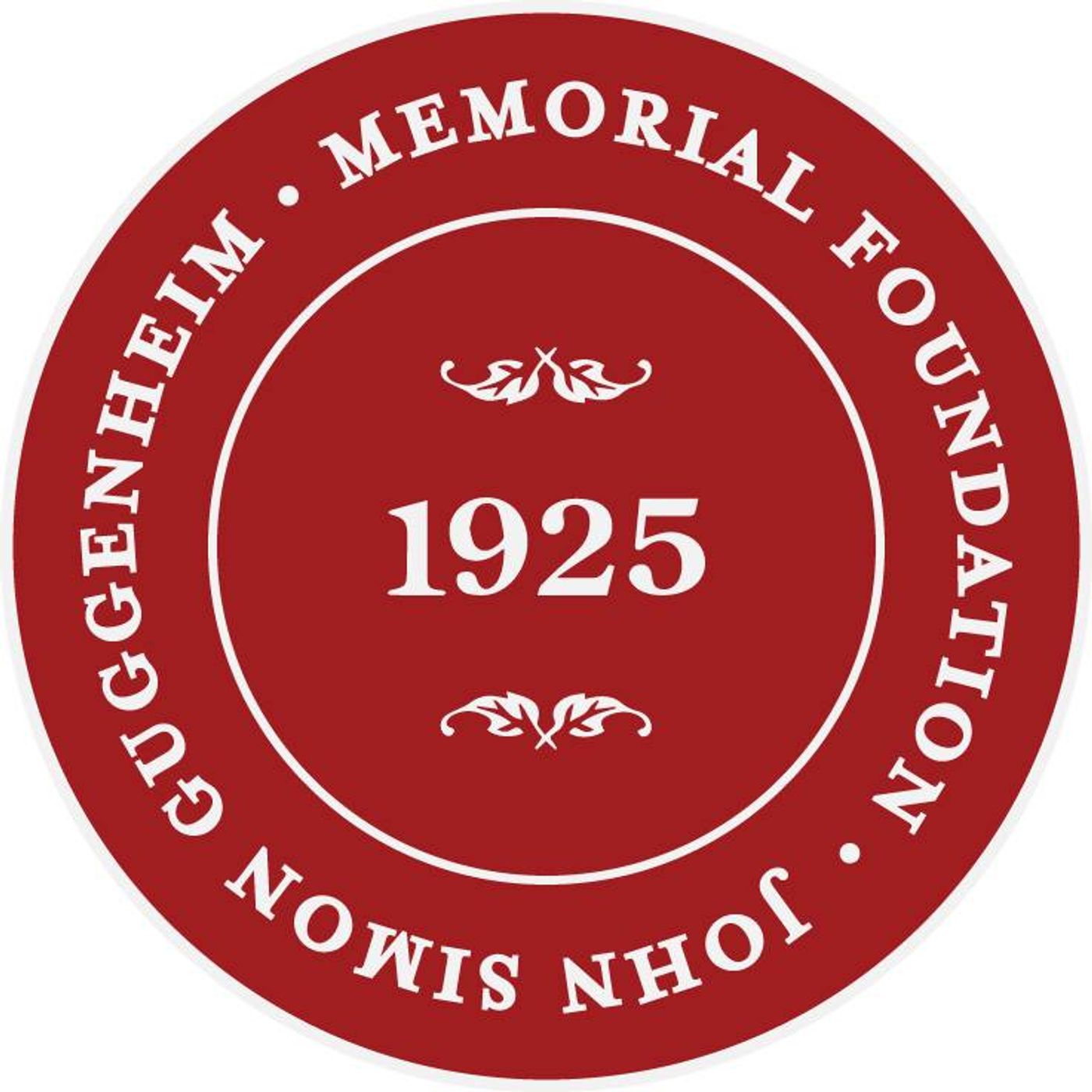188 Artists Named as 2024 Guggenheim Fellows
Artists, Scholars, Photographers, Novelists, Essayists, Poets, and more.
 The Board of Trustees of the John Simon Guggenheim Memorial Foundation has appointed 188 Guggenheim Fellowships to a distinguished and diverse group of culture-creators working across 52 disciplines. Chosen through a rigorous application and peer review process from a pool of almost 3,000 applicants, the Class of 2024 Guggenheim Fellows was tapped on the basis of prior career achievement and exceptional promise. As established in 1925 by founder Senator Simon Guggenheim, each fellow receives a monetary stipend to pursue independent work at the highest level under “the freest possible conditions.”
The Board of Trustees of the John Simon Guggenheim Memorial Foundation has appointed 188 Guggenheim Fellowships to a distinguished and diverse group of culture-creators working across 52 disciplines. Chosen through a rigorous application and peer review process from a pool of almost 3,000 applicants, the Class of 2024 Guggenheim Fellows was tapped on the basis of prior career achievement and exceptional promise. As established in 1925 by founder Senator Simon Guggenheim, each fellow receives a monetary stipend to pursue independent work at the highest level under “the freest possible conditions.”
To see the full list of new Fellows, please visit www.gf.org.
“Humanity faces some profound existential challenges,” said Edward Hirsch, award-winning poet and president of the John Simon Guggenheim Memorial Foundation. “The Guggenheim Fellowship is a life-changing recognition. It’s a celebrated investment into the lives and careers of distinguished artists, scholars, scientists, writers and other cultural visionaries who are meeting these challenges head-on and generating new possibilities and pathways across the broader culture as they do so.”
In all, 52 scholarly disciplines and artistic fields, 84 academic institutions, 38 US states and the District of Columbia, and four Canadian provinces are represented in the 2024 class, who range in age from 28 to 89. More than 40 Fellows (roughly 1 out of 4) do not hold a full-time affiliation with a college or university. Many Fellows’ projects directly respond to timely issues such as democracy and politics, identity, disability activism, machine learning, incarceration, climate change and community. Since its founding in 1925, the Foundation has awarded over $400 million in fellowships to more than 19,000 fellows.
The 2024 class of Guggenheim Fellows’ notable projects, including:
· Jonathan Alter, acclaimed political writer whose new project looks at Caesar as a parable on today’s political culture.
· Sara Bennett, a photographer looking at the lives of women after imprisonment.
· Jessica Blinkhorn, an interdisciplinary artist and advocate for the disabled, aging, and LGBTQ+ communities, whose next project uses art to reevaluate pre-conceived notions of disability and sexuality.
· Nicholas Galanin, an Indigenous (Tlingit/Unangax̂) multi-disciplinary artist who is developing workshops and new artistic works to create a greater discourse on indigenous art.
· Paul K. Newton, a professor of mathematics who is using game theory to study and develop cancer evolution models.
· Lorraine O’Grady, a conceptual multi-disciplinary artist who is reviving an old persona for a new performative work project.
· Jennifer Raff, a geneticist using DNA to study the complexity of the human evolutionary process that has shaped today’s patterns of genetic variation.
· Tracy K. Smith, a former U.S. Poet Laureate looking at a variety of Afro-diasporic cultures in connection to Black Lyric poetry.
· Emma Straub, a novelist whose next project explores the ambitions and relationships of a reunited boy band and the nostalgia of their loyal fans, decades after the band’s peak.
· Ada Trillo, a photographer documenting through images the stories of LGBTQ+ migrants to the U.S.
· Julia Wolfe, a composer creating an a cappella spatial choral work.
About the Guggenheim Foundation
Created and initially funded in 1925, by US Senator Simon and Olga Guggenheim in memory of their son John Simon, the John Simon Guggenheim Memorial Foundation has sought to “further the development of scholars and artists by assisting them to engage in research in any field of knowledge and creation in any of the arts, under the freest possible conditions.”
Since its establishment, the Foundation has granted over $400 million in Fellowships to more than 19,000 individuals, among whom are more than 125 Nobel laureates, members of all the national academies, winners of the Pulitzer Prize, Fields Medal, Turing Award, Bancroft Prize, National Book Award, and other internationally recognized honors. The broad range of fields of study is a unique characteristic of the Fellowship program.
The Foundation centers the talents and instincts of the Fellows, whose passions often have broad and immediate social impact. For example, in 1936, Zora Neale Hurston wrote Their Eyes Were Watching God with the support of a Guggenheim Fellowship and dedicated it to the Foundation’s first president, Henry Allen Moe. Photographer Robert Frank’s seminal book, The Americans, was the product of a cross-country tour supported by two Guggenheim Fellowships. The accomplishments of other early Fellows like e.e. cummings, Jennifer Doudna, Jacob Lawrence, Rachel Carson, James Baldwin, Martha Graham, and Linus Pauling also demonstrate the strength of the Foundation’s core values and the power and impact of its approach. More information at gf.org
Videos

